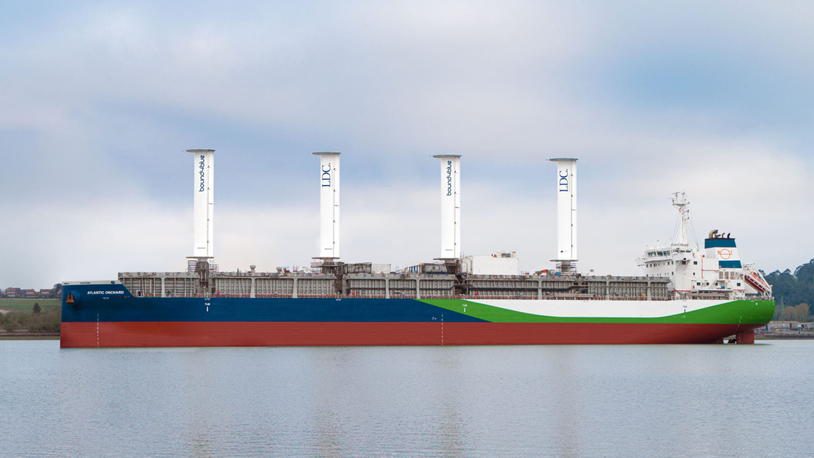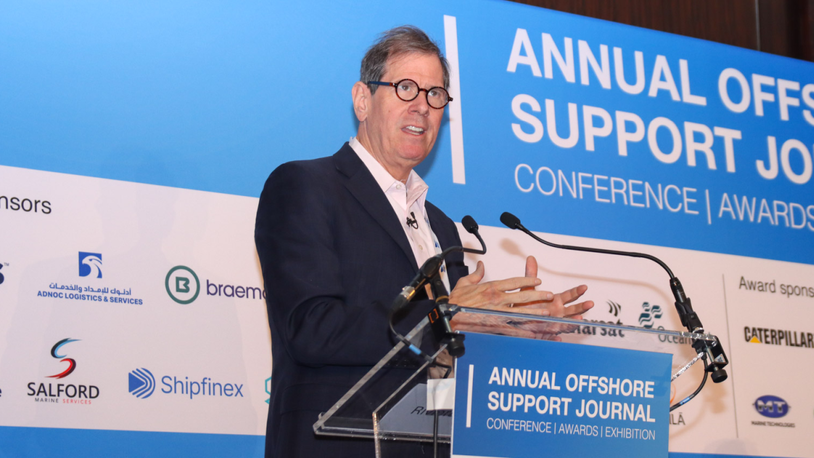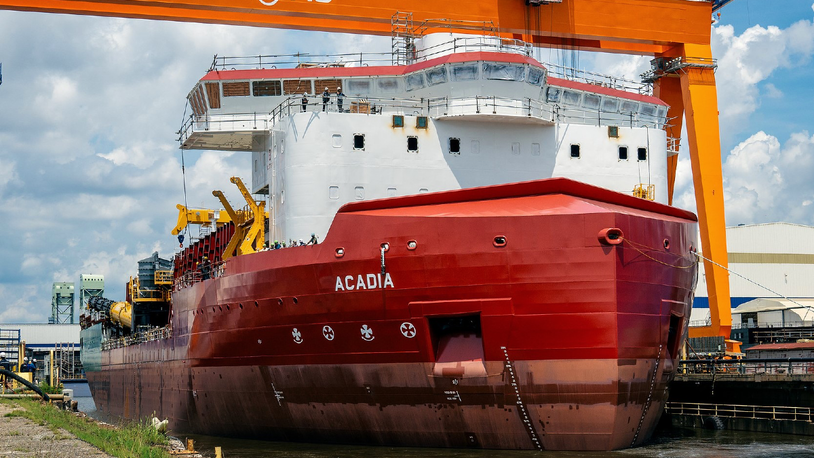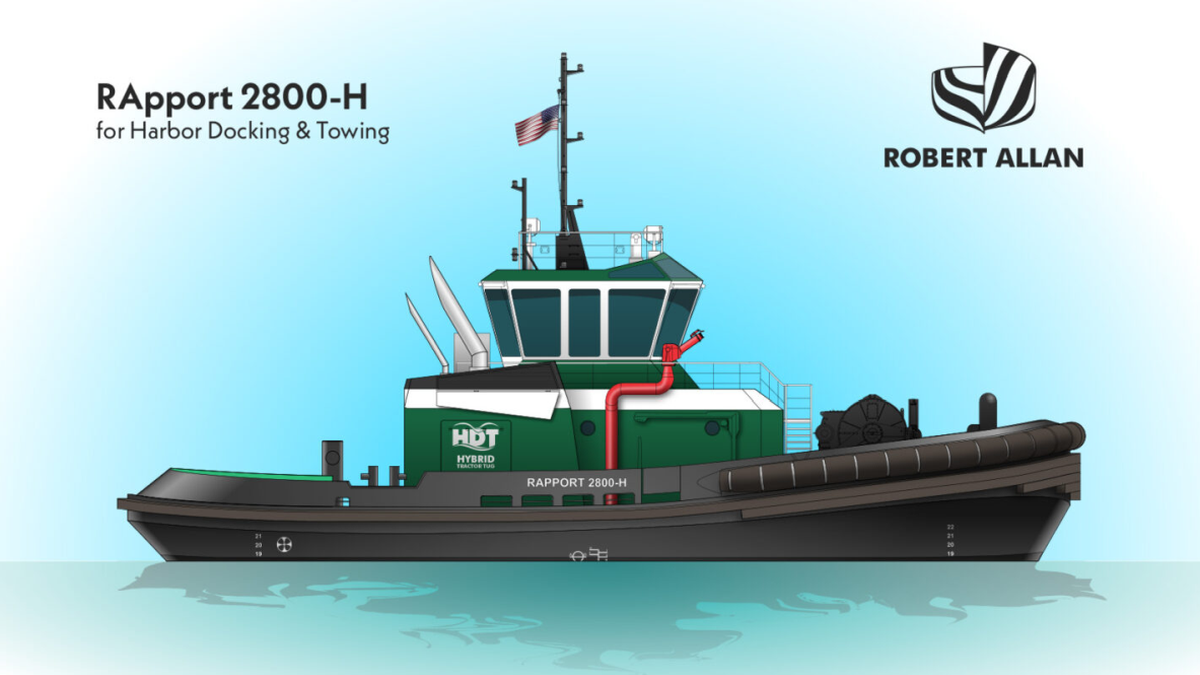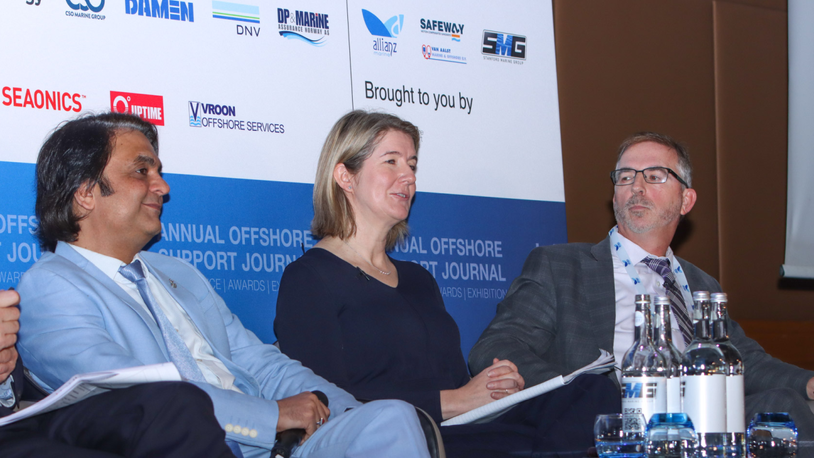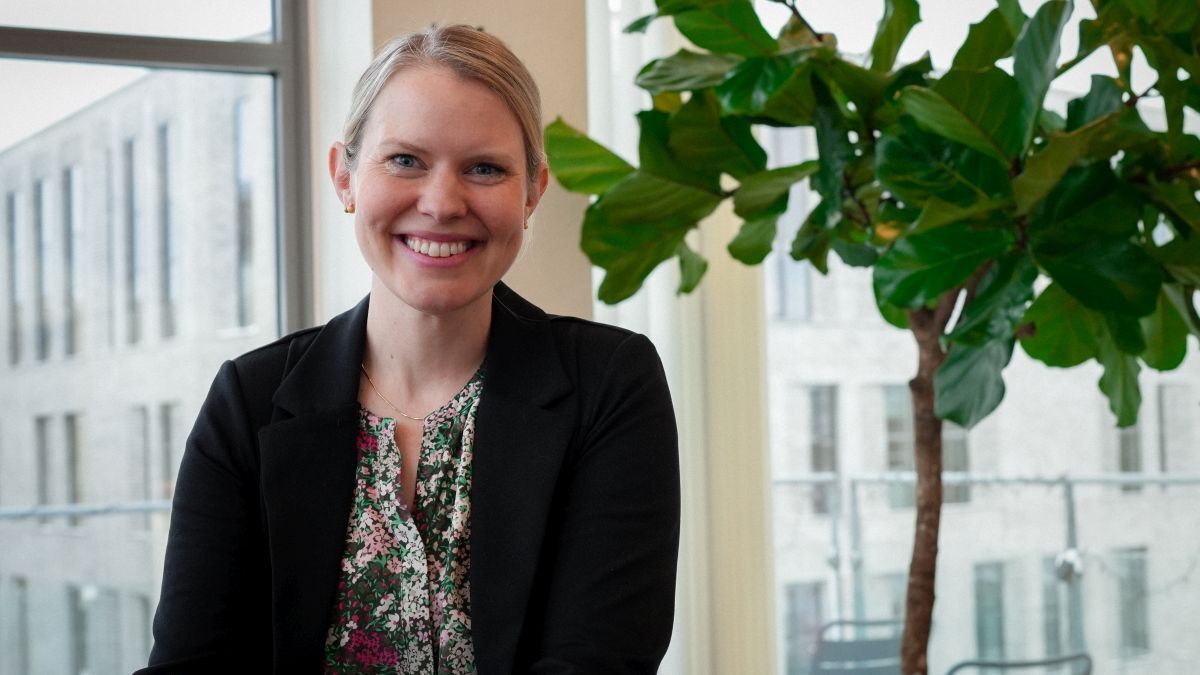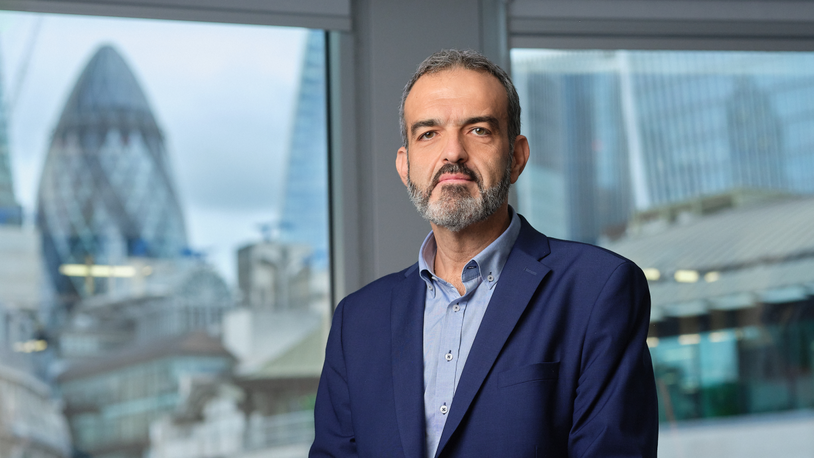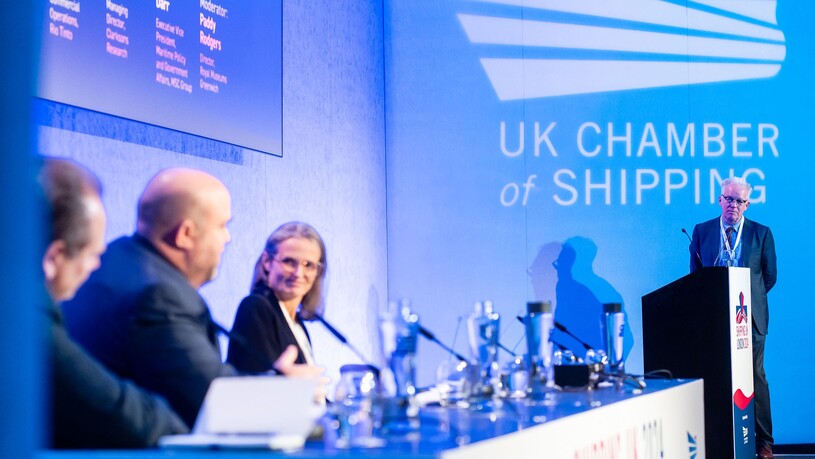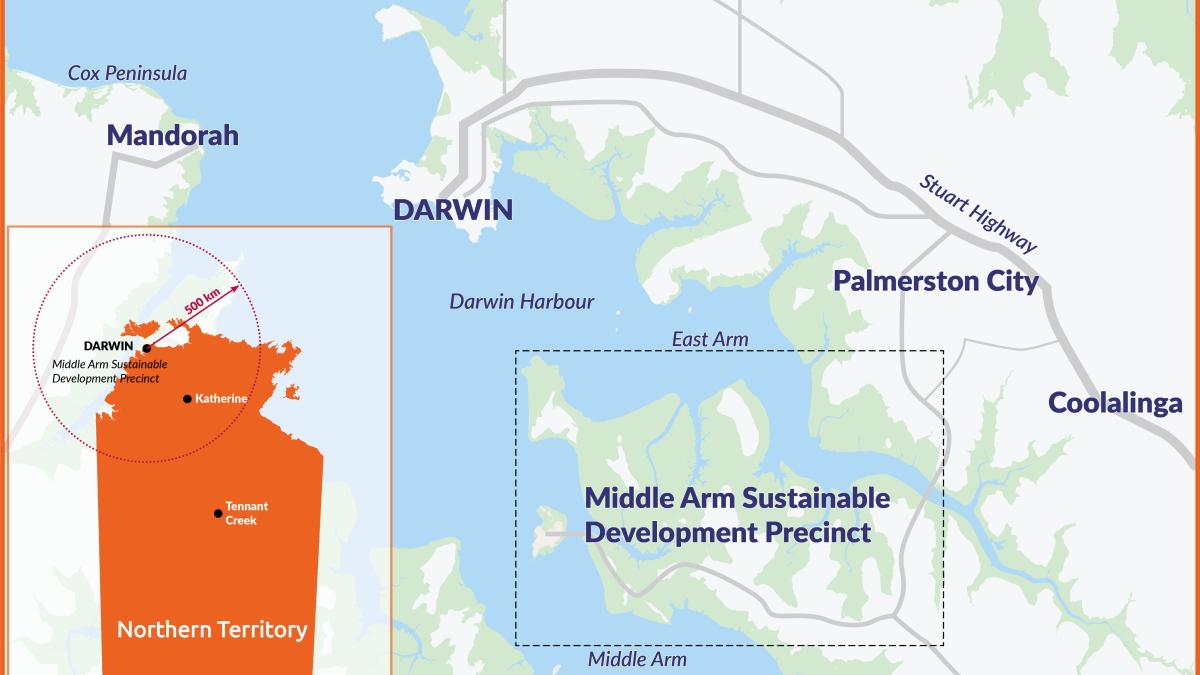Business Sectors
Events
Contents
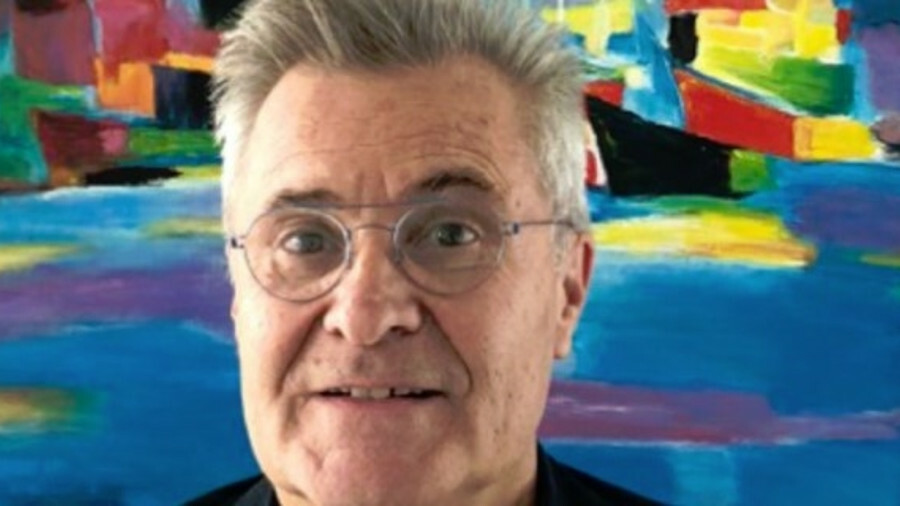
BIO-UV: BIO-SEA remains a safe option after VIDA changes
BIO-UV Group’s president and chief executive Benoît Gillmann notes that the US Administration’s approval of the Vessel Incidental Discharge Act (VIDA) and the possible acceptance of the most probable number (MPN) methodology does not alter the status quo until the US Coast Guard has drafted policy detailing reproductive methods.
“For the moment, the method in force today in the US is the CMFDA process. But whatever the possible modification and/or relaxation of the US rules, the UV dose must remain significant to treat all water types and a system like BIO-SEA is and will continue to be a safe choice for shipowners while staying very competitive,” said Mr Gillmann.
VIDA sets a clear, unambiguous definition of what constitutes a 'live' and 'living' ballast water organism. It defines as living any organisms capable of reproduction. If they cannot, then they are classed as 'dead'.
The US Environmental Protection Agency will have to put the standard in writing and incorporate the USCG’s final version. But irrespective of the legislation, shipowners will need to very carefully evaluate system performance and limitations against their vessels’ operational scope.
BIO-UV Group’s business director (BIO-SEA) Xavier Deval said “In terms of performance, reliability, energy consumption and ballast water holding time, the gulf between pre- and post-VIDA BWMS could be huge. BIO-SEA, as an early IMO/USCG approved system, has proved its capacity to treat a range of organisms, in a greater spectrum of waters with varying turbidity, and to a much higher standard.”
Mr Deval added “The performance measured by IMO and USCG is a key aspect, since a vessel navigating today only in IMO-regulated waters may be required to operate in USCG-controlled waters tomorrow. Choosing an efficient system, in terms of water treatment of different qualities, with short retention times, easy to use and maintain, and fully automatic is crucial.”
“Shipowners should install a BWMS as soon as possible to prevent operations from being limited to specific trading zones and from being incompliant with the regulations, as evidenced by the penalties imposed on ships, which are starting to see the light of day.
“A system that is certified to operate with zero holding time, like BIO-SEA for instance, will have greater traction with owners. This is very important since systems that are not certified with zero hours holding will inevitably cause delays to vessel operations.”
BIO-UV’s BIO-SEA system requires zero holding time when treating fresh water, 24 hours in marine water and is currently undergoing tests for zero holding time in brackish waters.
Related to this Story
Events
Maritime Regulations Webinar Week
Floating energy: successfully unlocking stranded gas using FLNGs and FSRUs
© 2024 Riviera Maritime Media Ltd.

